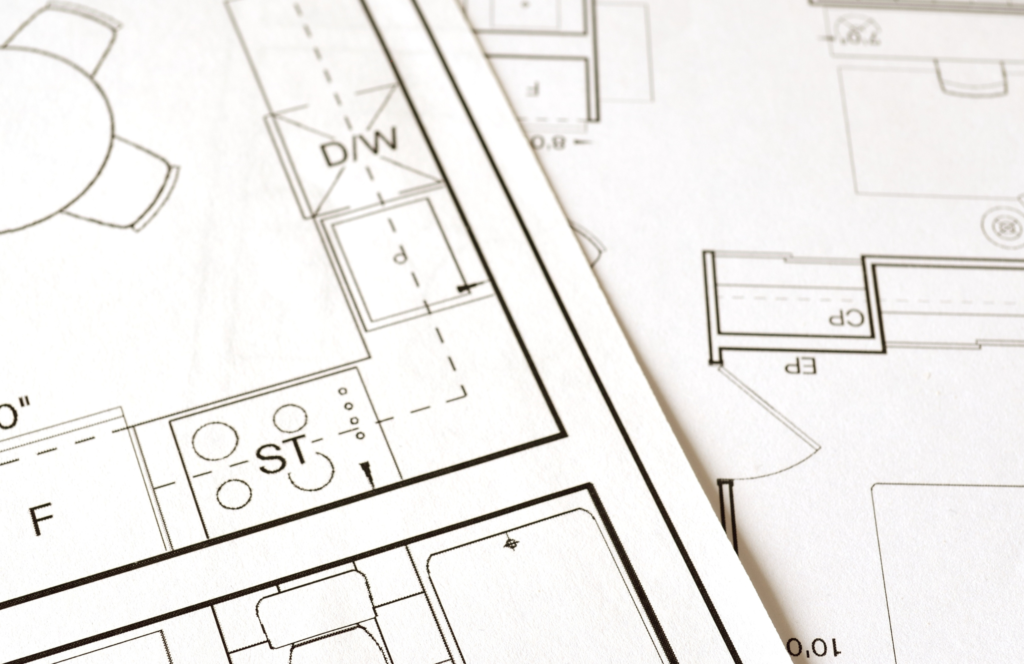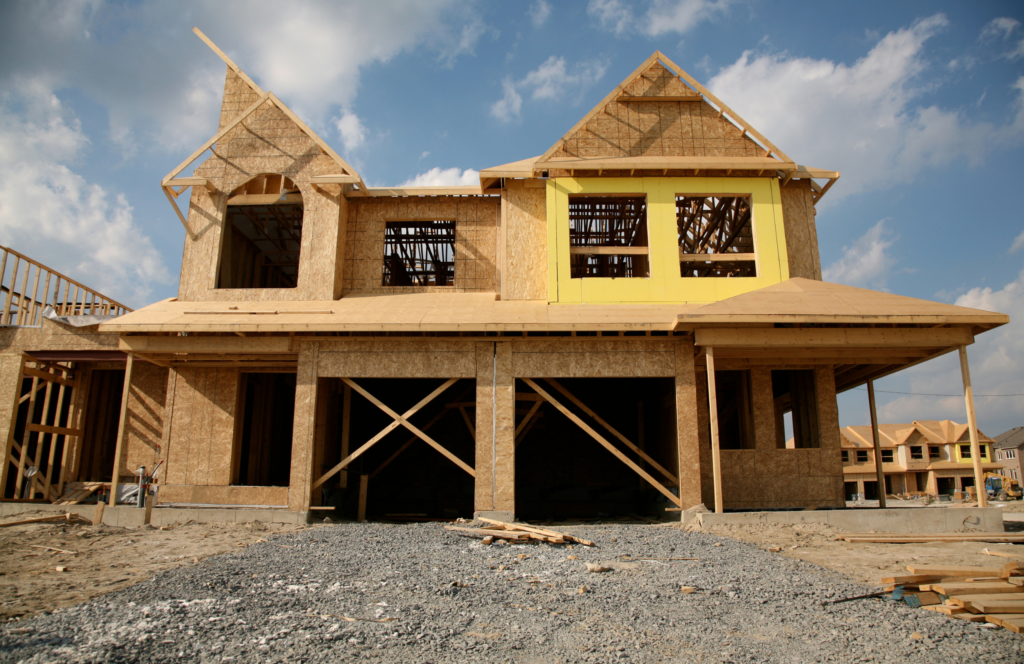
Building your dream home in West Michigan from the ground up is an exhilarating journey, but one of the most crucial decisions you’ll make along the way is selecting the perfect floor plan. With so many options available, it’s important to approach this decision with careful consideration. Don’t worry, though – I’m here to guide you through the process!
- Know Your Lifestyle: Start by envisioning how you’ll live in your new home. Are you a social butterfly who loves to entertain guests? Or perhaps you prefer cozy nights in with your family? Understanding your lifestyle will help you choose a floor plan that caters to your needs and preferences.
- Consider Your Future: While it’s essential to design a home that meets your current needs, don’t forget to think about the future. Are you planning to expand your family? Will aging relatives be moving in? Keep these factors in mind to ensure that your floor plan remains functional for years to come.
- Evaluate Room Layouts: Pay close attention to the layout of each room. Think about how you’ll use the space and whether it aligns with your lifestyle. Consider factors such as room size, location within the home, and flow between spaces. A well-designed floor plan will enhance both comfort and functionality.
- Think About Flexibility: Flexibility is key when it comes to selecting a floor plan. Look for features that can easily adapt to your changing needs. This could include multi-purpose rooms, convertible spaces, or options for future expansions. Keep your options open to accommodate any unexpected changes down the road.
- Maximize Natural Light: Natural light can transform a space, making it feel bright, airy, and inviting. When choosing a floor plan, prioritize designs that maximize natural light throughout the home. Consider factors such as window placement, orientation, and the use of skylights or glass doors to bring the outdoors in.
- Consult with Experts: Don’t hesitate to seek guidance from professionals, such as architects, designers, or real estate agents (ask me, I’m happy to help!!). They can offer valuable insights and help you navigate the complexities of choosing a floor plan. Their expertise will ensure that your vision becomes a reality while staying within budget and meeting local building codes.
Remember, building your dream home is a journey, not a race. Take your time to explore your options, ask questions, and envision the life you want to live in your new space. With careful planning and consideration, you’ll soon find yourself stepping through the doors of your perfect home.








